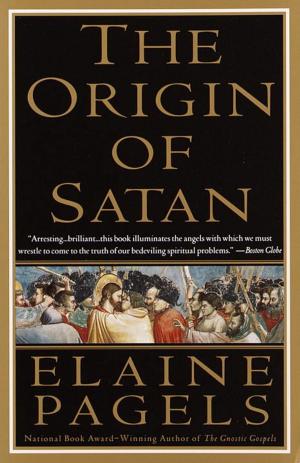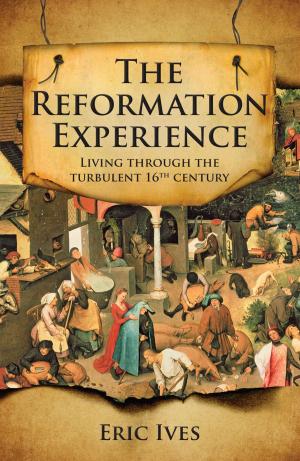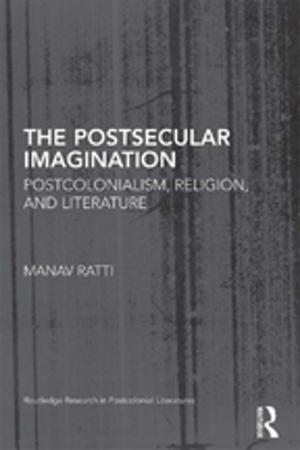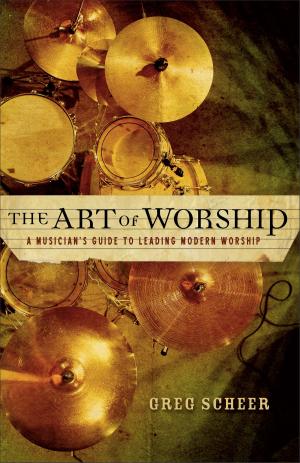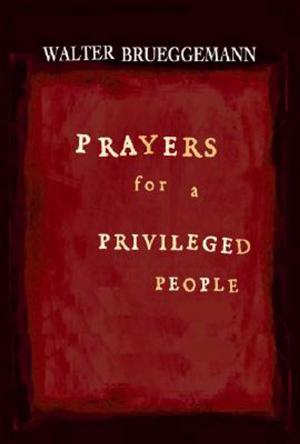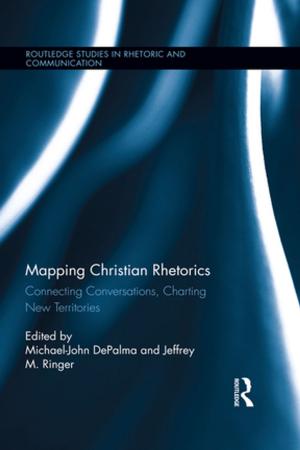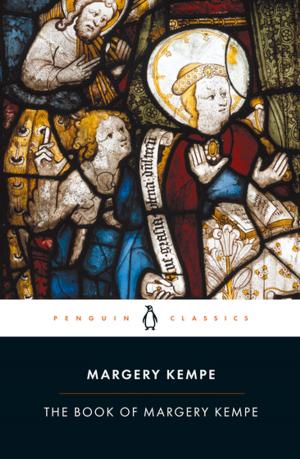The King with a Pope in His Belly
Nonfiction, History, British, Religion & Spirituality, Christianity, Church| Author: | Bella d'Abrera | ISBN: | 9780947352509 |
| Publisher: | Bella d'Abrera | Publication: | April 29, 2012 |
| Imprint: | Smashwords Edition | Language: | English |
| Author: | Bella d'Abrera |
| ISBN: | 9780947352509 |
| Publisher: | Bella d'Abrera |
| Publication: | April 29, 2012 |
| Imprint: | Smashwords Edition |
| Language: | English |
In this work, the author covers the beginning of the so-called Reformation in England during the first 20 years of Henry VIII's destructive reign. In 1521 he was awarded the title of 'Defender of the Faith', but by 1540 the schismatic king had rejected Catholic Order through the adoption of Martin Luther's heretical notion of the 'Divine Right of Kings.' Henry was indeed a 'king with a Pope in his belly.' Readers are introduced to Brother Martin Luther, the rebel Catholic monk who, in a delusional attempt to escape from his own perception of Divine Judgement, invented his own heretical creed and set himself and numerous followers adrift from the Barque of Peter and the Mystical Body of Christ. Appearing at a time in the history of the Catholic Church when the morality of the clergy and occupiers of the See of Peter, such as the 'war-lord' Pope Julius II and grotesque Leo X was highly questionable, Luther employed the abuse of the doctrine of Indulgences to rebel against the Church to which he belonged. Luther's novelties were literally smuggled into England by such men and women as Anne Boleyn and her brother, Lord George Rochford, and the ubiquitous Thomas Cranmer, who found in Luther's novelties an escape from Divine Retribution. Henry broke away from Rome and agreed to Thomas Cromwell's scheme to make him the richest and most powerful prince in Christendom through the wholesale dissolution, destruction and looting of England's great Monasteries and Shrines. By the end of his reign, Henry VIII had not only deprived English Catholics of their rightful cultural heritage, but had led them into a state of schism by separating them from communion with Rome. Henry had permitted the corrupt heresies of Luther to fatally to infect his country, and prepared the way for the Protestant revolution of the brutal regime of Elizabeth I, when Luther's novelties were formalised, codified and forced upon the English populace under the guise of 'Anglicanism.'
In this work, the author covers the beginning of the so-called Reformation in England during the first 20 years of Henry VIII's destructive reign. In 1521 he was awarded the title of 'Defender of the Faith', but by 1540 the schismatic king had rejected Catholic Order through the adoption of Martin Luther's heretical notion of the 'Divine Right of Kings.' Henry was indeed a 'king with a Pope in his belly.' Readers are introduced to Brother Martin Luther, the rebel Catholic monk who, in a delusional attempt to escape from his own perception of Divine Judgement, invented his own heretical creed and set himself and numerous followers adrift from the Barque of Peter and the Mystical Body of Christ. Appearing at a time in the history of the Catholic Church when the morality of the clergy and occupiers of the See of Peter, such as the 'war-lord' Pope Julius II and grotesque Leo X was highly questionable, Luther employed the abuse of the doctrine of Indulgences to rebel against the Church to which he belonged. Luther's novelties were literally smuggled into England by such men and women as Anne Boleyn and her brother, Lord George Rochford, and the ubiquitous Thomas Cranmer, who found in Luther's novelties an escape from Divine Retribution. Henry broke away from Rome and agreed to Thomas Cromwell's scheme to make him the richest and most powerful prince in Christendom through the wholesale dissolution, destruction and looting of England's great Monasteries and Shrines. By the end of his reign, Henry VIII had not only deprived English Catholics of their rightful cultural heritage, but had led them into a state of schism by separating them from communion with Rome. Henry had permitted the corrupt heresies of Luther to fatally to infect his country, and prepared the way for the Protestant revolution of the brutal regime of Elizabeth I, when Luther's novelties were formalised, codified and forced upon the English populace under the guise of 'Anglicanism.'

